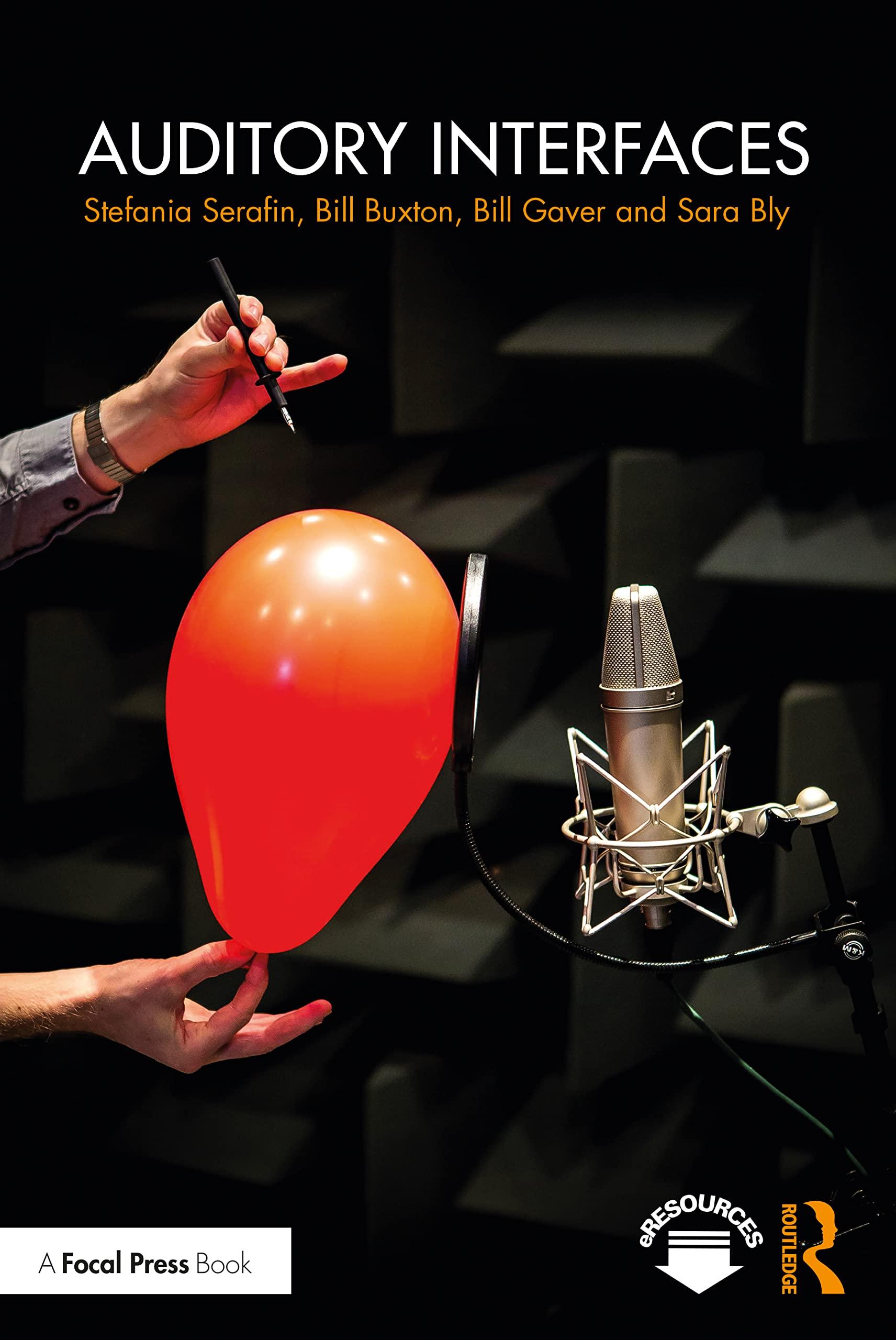Question
Lundberg Corporation's most recent balance sheet and income statement appear below: Statement of Financial Position December 31, Year 2 and Year1 (in thousands of dollars)
| Lundberg Corporation's most recent balance sheet and income statement appear below: |
| Statement of Financial Position December 31, Year 2 and Year1 (in thousands of dollars) | ||||||
| Year 2 | Year 1 | |||||
| Assets | ||||||
| Current assets: | ||||||
| Cash | $ | 420 | $ | 580 | ||
| Accounts receivable | 690 | 540 | ||||
| Inventory | 430 | 600 | ||||
| Prepaid expenses | 170 | 170 | ||||
|
|
|
|
|
|
| |
| Total current assets | 1,710 | 1,890 | ||||
| Plant and equipment, net | 4,230 | 3,910 | ||||
|
|
|
|
|
|
| |
| Total assets | $ | 5,940 | $ | 5,800 | ||
|
|
|
|
|
|
| |
| Liabilities and Stockholders' Equity | ||||||
| Current liabilities: | ||||||
| Accounts payable | $ | 592 | $ | 490 | ||
| Accrued liabilities | 130 | 210 | ||||
| Notes payable, short term | 420 | 250 | ||||
|
|
|
|
|
|
| |
| Total current liabilities | 1,142 | 950 | ||||
| Bonds payable | 590 | 720 | ||||
|
|
|
|
|
|
| |
| Total liabilities | 1,732 | 1,670 | ||||
|
|
|
|
|
|
| |
| Stockholders' equity: | ||||||
| Preferred stock, $100 par value, 10% | 1,750 | 1,750 | ||||
| Common stock, $1 par value | 870 | 870 | ||||
| Additional paid-in capital--common stock | 960 | 960 | ||||
| Retained earnings | 628 | 550 | ||||
|
|
|
|
|
|
| |
| Total stockholders' equity | 4,208 | 4,130 | ||||
|
|
|
|
|
|
| |
| Total liabilities & stockholders' equity | $ | 5,940 | $ | 5,800 | ||
|
|
|
|
|
|
| |
|
| ||||||
| Income Statement For the Year Ended December 31, Year 2 (in thousands of dollars) | ||||
| Sales (all on account) | $ | 7,570 | ||
| Cost of goods sold | 4,930 | |||
|
|
| |||
| Gross margin | 2,640 | |||
| Selling and administrative expense | 1,610 | |||
|
|
| |||
| Net operating income | 1,030 | |||
| Interest expense | 47 | |||
|
|
| |||
| Net income before taxes | 983 | |||
| Income taxes (30%) | 295 | |||
|
|
| |||
| Net income | $ | 688 | ||
|
|
| |||
|
| ||||
| Dividends on common stock during Year 2 totaled $435 thousand. Dividends on preferred stock totaled $175 thousand. The market price of common stock at the end of Year 2 was $9.68 per share. |
| Required: | |
| Compute the following for Year 2: |
| a. | Gross margin percentage. (Round your answer to 1 decimal place.) |
| Gross margin percentage | % |
| b. | Price-earnings ratio. (Round your intermediate calculations to 2 decimal places and final answer to 1 decimal place.) |
| Price-earnings ratio | times |
| c. | Dividend payout ratio. (Round your intermediate calculations to 2 decimal places and final answer to 1 decimal place.) |
| Dividend payout ratio | % |
| d. | Dividend yield ratio. (Round your answer to 2 decimal places.) |
| Dividend yield ratio | % |
| e. | Return on total assets. (Round your intermediate calculations and final answer to 2 decimal places.) |
| Return on total assets | % |
| f. | Return on common stockholders' equity. (Round your answer to 2 decimal places.) |
| Return on common stockholders' equity | % |
| g. | Book value per share. (Round your answer to 2 decimal places.) |
| Book value per share | $ |
| h. | Working capital. (Enter answer in thousands of dollars, i.e. 20,000 as 20.) |
| Working captial | $ |
| i. | Current ratio. (Round your answer to 2 decimal places.) |
| Current ratio |
| j. | Acid-test ratio. (Round your answer to 2 decimal places.) |
| Acid-test ratio |
| k. | Average collection period. (Assume 365 days a year and round your answer to 1 decimal place.) |
| Average collection period | days |
| l. | Average sale period. (Assume 365 days a year and round your answer to 1 decimal place.) |
| Average sale period | days |
| m. | Times interest earned. (Round your answer to 2 decimal places.) |
| Times interest earned |
| n. | Debt-to-equity ratio. (Round your answer to 2 decimal places.) |
| Debt-to-equity ratio |
Step by Step Solution
There are 3 Steps involved in it
Step: 1

Get Instant Access to Expert-Tailored Solutions
See step-by-step solutions with expert insights and AI powered tools for academic success
Step: 2

Step: 3

Ace Your Homework with AI
Get the answers you need in no time with our AI-driven, step-by-step assistance
Get Started


